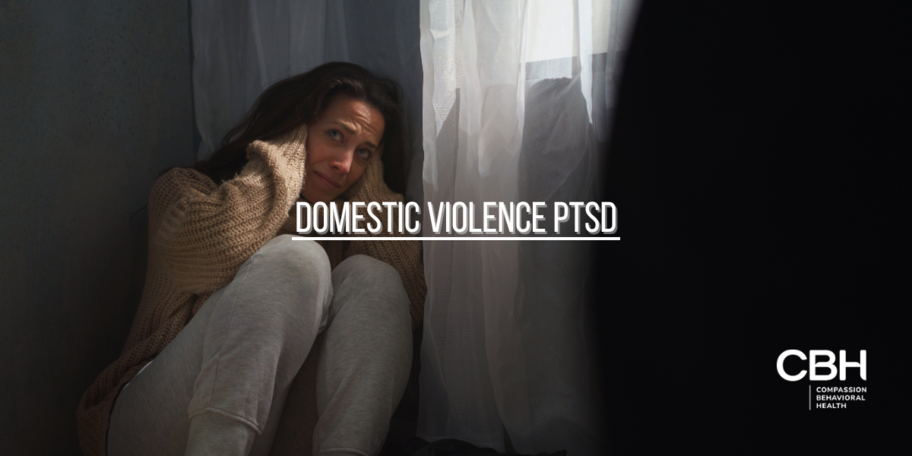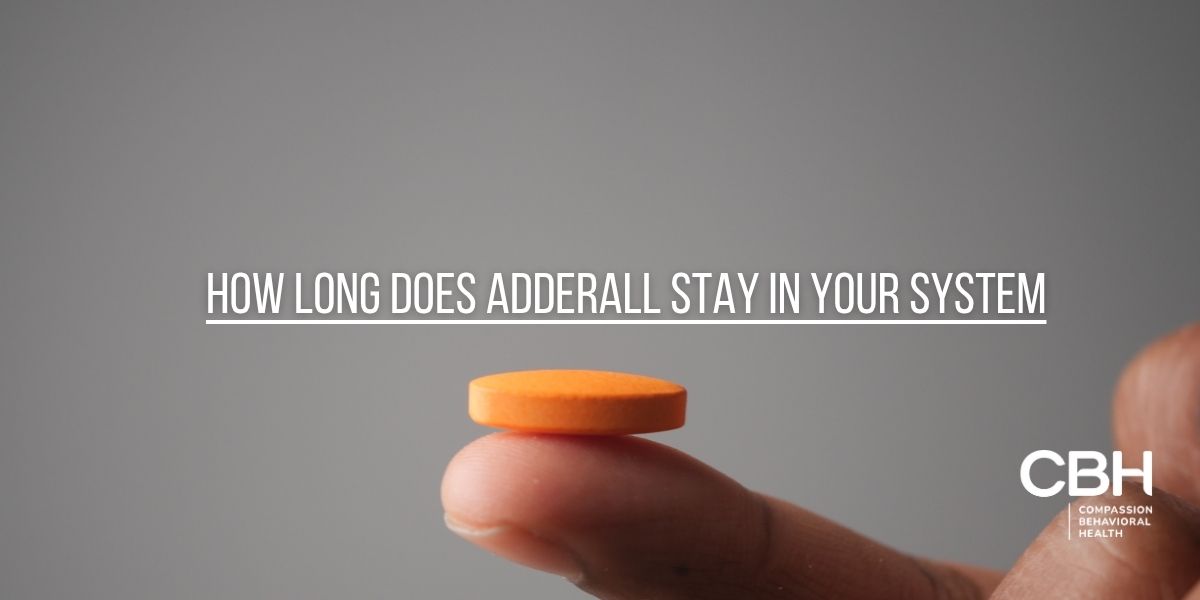Domestic violence is a pervasive issue that affects millions of people worldwide. Not only does it have immediate and long-term physical and emotional consequences, but it can also lead to a specific form of trauma known as Domestic Violence Post-Traumatic Stress Disorder (PTSD). In this article, we will delve into the intricacies of Domestic Violence PTSD, exploring its causes, symptoms, and available treatments to help those affected by this debilitating condition.
What is Domestic Violence PTSD?
Domestic Violence PTSD refers to the psychological condition that develops as a result of experiencing or witnessing ongoing domestic abuse. It is important to note that not everyone exposed to domestic violence will develop PTSD, as individual responses to trauma vary. Nonetheless, this specific type of trauma can have significant impacts on an individual’s mental and emotional well-being.
[ctabox]Are You or Your Family Suffering from Domestic Violence PTSD?[/ctabox]
Defining Domestic Violence
Domestic violence is a pattern of abusive behavior in an intimate relationship. It can encompass physical, sexual, emotional, and financial abuse. The power dynamics inherent in domestic violence create an environment of fear, control, and manipulation, leaving victims traumatized and vulnerable.

Physical abuse involves acts of violence such as hitting, punching, or strangling. It can cause severe injuries and leave lasting physical scars. Sexual abuse refers to any non-consensual sexual activity imposed by the abuser, including rape, forced sexual acts, or coercion. Emotional abuse involves belittling, constant criticism, humiliation, yelling, and threats, which can erode the victim’s self-esteem and sense of worth. Financial abuse, on the other hand, occurs when the abuser controls the victim’s finances, limiting their access to money and resources.
Victims of domestic violence often find themselves trapped in a cycle of abuse, as the abuser uses various tactics to maintain power and control over them. This cycle typically involves a tension-building phase, an acute incident of abuse, and a honeymoon phase where the abuser may apologize and promise to change. However, the cycle repeats itself, creating a sense of unpredictability and instability for the victim.
The Connection Between Domestic Violence and PTSD
The constant exposure to violence and abuse in a domestic setting can overwhelm an individual’s ability to cope and process these experiences. This chronic stress triggers the development of PTSD. The symptoms of PTSD often arise as a response to the traumatic experiences associated with domestic violence, such as physical assault, threats, humiliation, or isolation.

PTSD, or Post-Traumatic Stress Disorder, is a mental health condition that can occur after experiencing or witnessing a traumatic event. It is characterized by intrusive thoughts, nightmares, flashbacks, and intense emotional and physical reactions to reminders of the trauma. In the case of domestic violence, individuals may experience hypervigilance, constant fear, and heightened startle response, even in non-threatening situations.
Furthermore, the psychological impact of domestic violence can extend beyond immediate traumatic experiences. Victims may develop feelings of shame, guilt, and self-blame, often internalizing the blame placed upon them by the abuser. This can lead to a distorted sense of self and difficulty in trusting others. Additionally, the isolation and social stigma associated with domestic violence can further exacerbate the psychological distress experienced by survivors.
It is crucial to recognize the complex interplay between domestic violence and PTSD. By understanding the psychological effects of domestic violence, we can better support survivors and work towards prevention and intervention strategies. Providing resources, safe spaces, and trauma-informed care can help individuals heal from the trauma of domestic violence and rebuild their lives.
Causes of Domestic Violence PTSD
The development of Domestic Violence PTSD is influenced by various factors, including the role of trauma and specific risk factors.
The Role of Trauma in PTSD
Trauma plays a significant role in the development of PTSD. It disrupts the brain’s normal stress response system, leaving individuals vulnerable to the long-term effects of trauma. In the context of domestic violence, the trauma experienced during abusive incidents can have lasting psychological consequences.

Risk Factors for Developing PTSD After Domestic Violence
While anyone can develop PTSD after experiencing domestic violence, certain risk factors can increase the likelihood of its development. These risk factors include the severity and duration of the abuse, a history of prior trauma, lack of social support, and pre-existing mental health conditions.
Recognizing the Symptoms of Domestic Violence PTSD
Identifying the symptoms of Domestic Violence PTSD is crucial for prompt intervention and support. Understanding the various physical, emotional, and psychological indicators can assist victims and their support networks in seeking appropriate help.
Physical Symptoms
Physical symptoms of Domestic Violence PTSD can manifest in different ways. These may include chronic pain, headaches, gastrointestinal issues, sleep disturbances, and heightened somatic awareness. Physical symptoms can be a direct result of the stress and trauma experienced during domestic violence.

Emotional and Psychological Symptoms
The emotional and psychological symptoms of Domestic Violence PTSD can significantly impair an individual’s daily functioning. Common symptoms include intense fear, anxiety, depression, flashbacks, nightmares, emotional instability, and feelings of detachment. These symptoms can be distressing and affect various aspects of a person’s life.
The Impact of Domestic Violence PTSD on Daily Life
Living with Domestic Violence PTSD can have far-reaching implications on various aspects of an individual’s life, including relationships, social interactions, and work or career.
Relationships and Social Interactions
The effects of Domestic Violence PTSD can strain relationships and hinder healthy social interactions. Survivors may experience difficulties in trusting others, forming new relationships, and coping with intimacy. The emotional scars of domestic violence can impact friendships, family dynamics, and overall social well-being.

Work and Career Implications
The symptoms of Domestic Violence PTSD can interfere with an individual’s ability to perform their job. Survivors may struggle with concentration, focus, and memory, leading to decreased productivity and missed opportunities at work. Maintaining regular employment can become increasingly challenging, impacting financial stability and future career prospects.
Treatment Options for Domestic Violence PTSD
Fortunately, there are various treatment options available to help those suffering from Domestic Violence PTSD find relief and regain control over their lives.
Psychotherapy and Counseling

Psychotherapy, particularly trauma-focused therapy, can be highly effective in addressing the impact of Domestic Violence PTSD. Therapists use evidence-based techniques to help survivors process their trauma, develop coping mechanisms, and rebuild their sense of self. Group therapy and support groups can also provide a valuable source of validation and camaraderie.
Medication and Medical Treatments
In some cases, medications may be prescribed to alleviate certain symptoms associated with Domestic Violence PTSD, such as anxiety or depression. However, medication should only be considered as part of a comprehensive treatment plan and under the guidance of a qualified healthcare professional. It is essential to weigh the benefits and potential side effects carefully.
Self-Care Strategies and Lifestyle Changes
Self-care and lifestyle changes can play a significant role in managing the impact of Domestic Violence PTSD. Engaging in activities that promote relaxation, mindfulness, and self-compassion can help survivors cope with their symptoms. Additionally, establishing a strong support system, prioritizing physical health, and seeking professional help when needed are essential components of the healing process.

In conclusion, Domestic Violence PTSD is a complex and challenging condition that requires attention and empathy. By understanding its causes, recognizing its symptoms, and exploring available treatment options, we can aid those affected by this form of trauma in their journey toward healing and reclaiming their lives.
We are committed to providing specialized care and support for survivors. With a team of dedicated professionals, we offer a holistic approach that encompasses both psychological and physical well-being. We aim to empower individuals to break free from the chains of trauma and embrace a brighter, healthier future. At Compassion Behavioral Health, we believe that with the right guidance and resources, healing is possible for everyone.



